Composition and nutritional value of pumpkin seeds
Date of issue:2021-02-22 click:
Nutrition
According to the United States Department of Agriculture (USDA) National Nutrient Database, a 100-g serving of organic pumpkin seeds contains:
- 127 calories
- 15 g of carbohydrate (including 0 g of sugar and 17.9 g of fiber)
- 5 mg of protein
- 21.43 g of fat, of which 3.57 is saturated
- 20 mg of calcium
- 0.9 g of iron
- 1 g of saturated fatty acids
- 536 calories
- 4 g carbohydrate (including 3.6 g of fiber and 3.57 g of sugar)
- 32.14 g of protein
- 42.86 g of fat, of which 8.93 g is saturated
- 71 mg of calcium
- 16.07 mg of iron
- 571 g of sodium
One scientific study has found that 100 g of pumpkin seeds contains:
- 7.99 mg of zinc
- 9.76 mg of iron
- 78.18 mg of calcium
- 90.69 mg of magnesium
- 20.56 mg of sodium
Magnesium
According to the Office of Dietary Supplements (ODS), seeds are good sources of magnesium, one of the seven essential macrominerals.In one study, scientists found that 100 grams (g) of pumpkin seeds contained 90.69 milligrams (mg) of magnesium.
The ODS recommend that males aged 19 to 30 years should consume 400 mg of magnesium a day, and females 310 mg or 350 mg during pregnancy. Older people should have a slightly higher intake.
Magnesium plays an important role in over 300 enzymatic reactions within the body, including the metabolism of food and synthesis of fatty acids and proteins. Magnesium is vital for the proper functioning of muscles.
Magnesium deficiency is prevalent in older populations. It is linked to insulin resistance, metabolic syndrome, coronary heart disease, and osteoporosis.



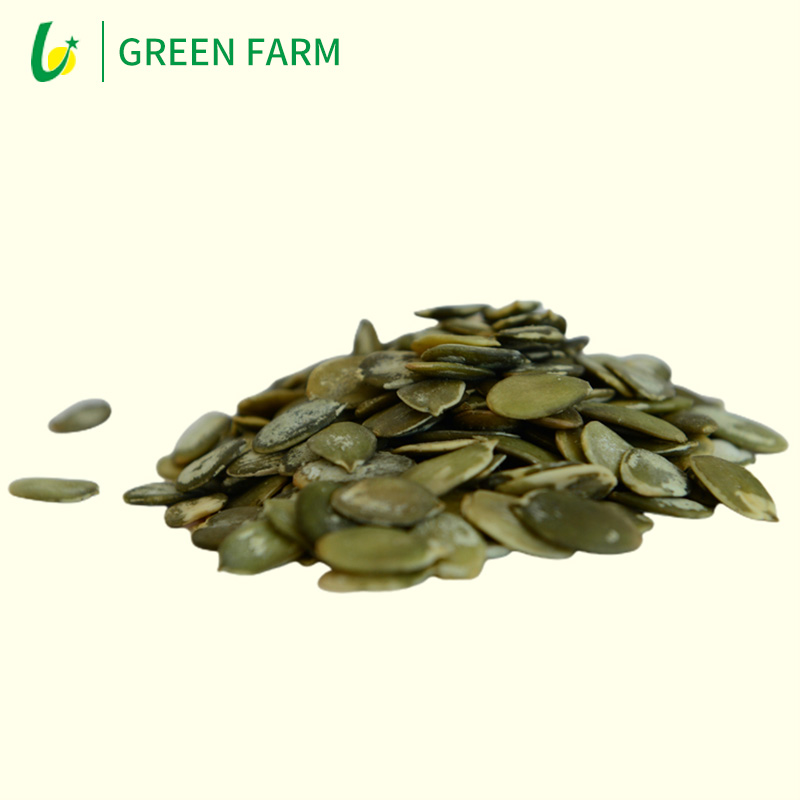
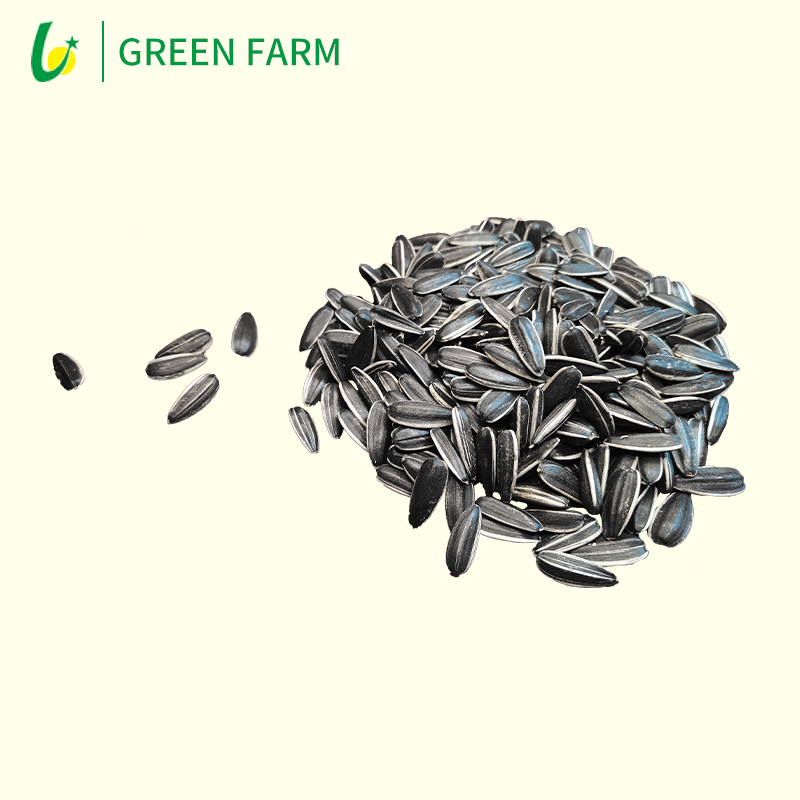
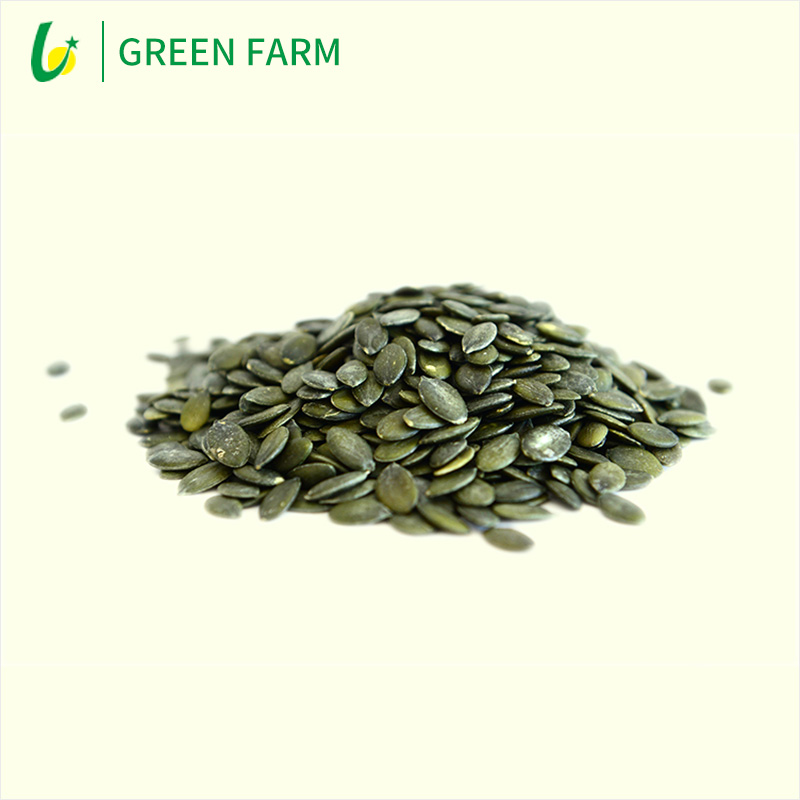
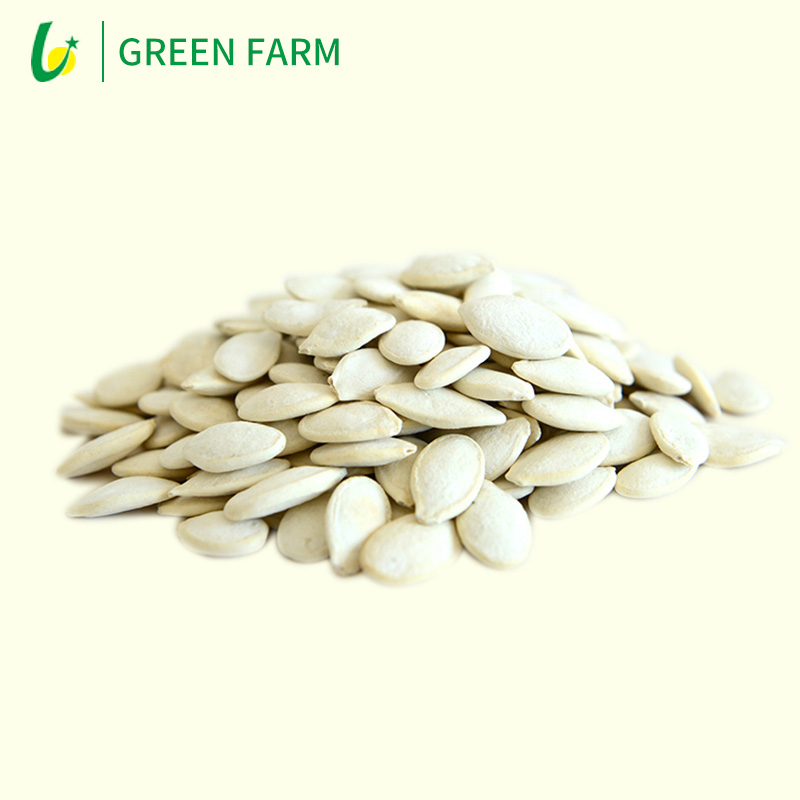
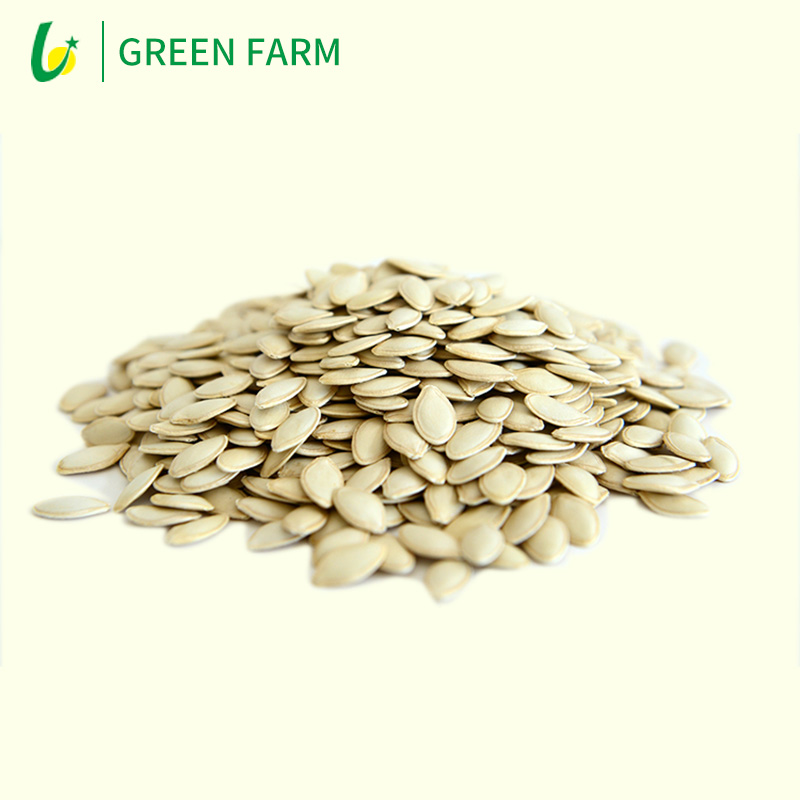
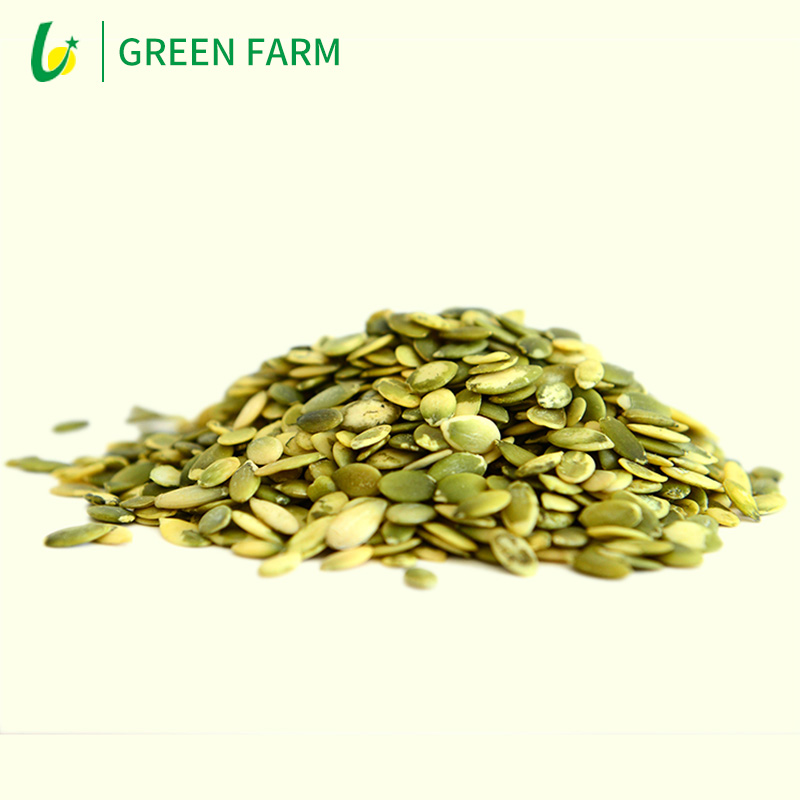
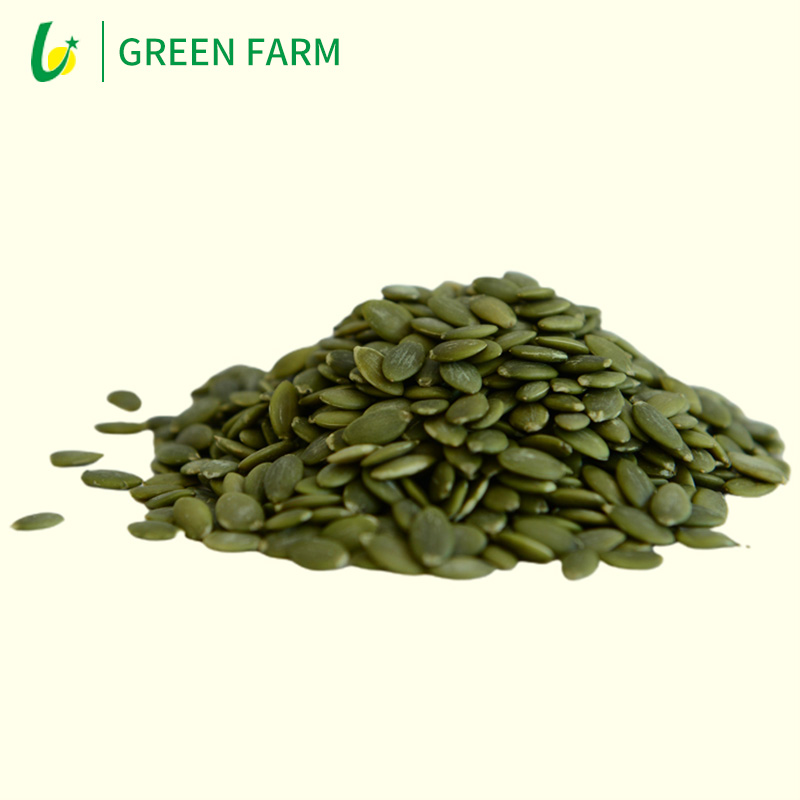
 Landline: 0086 411 82779887
Landline: 0086 411 82779887